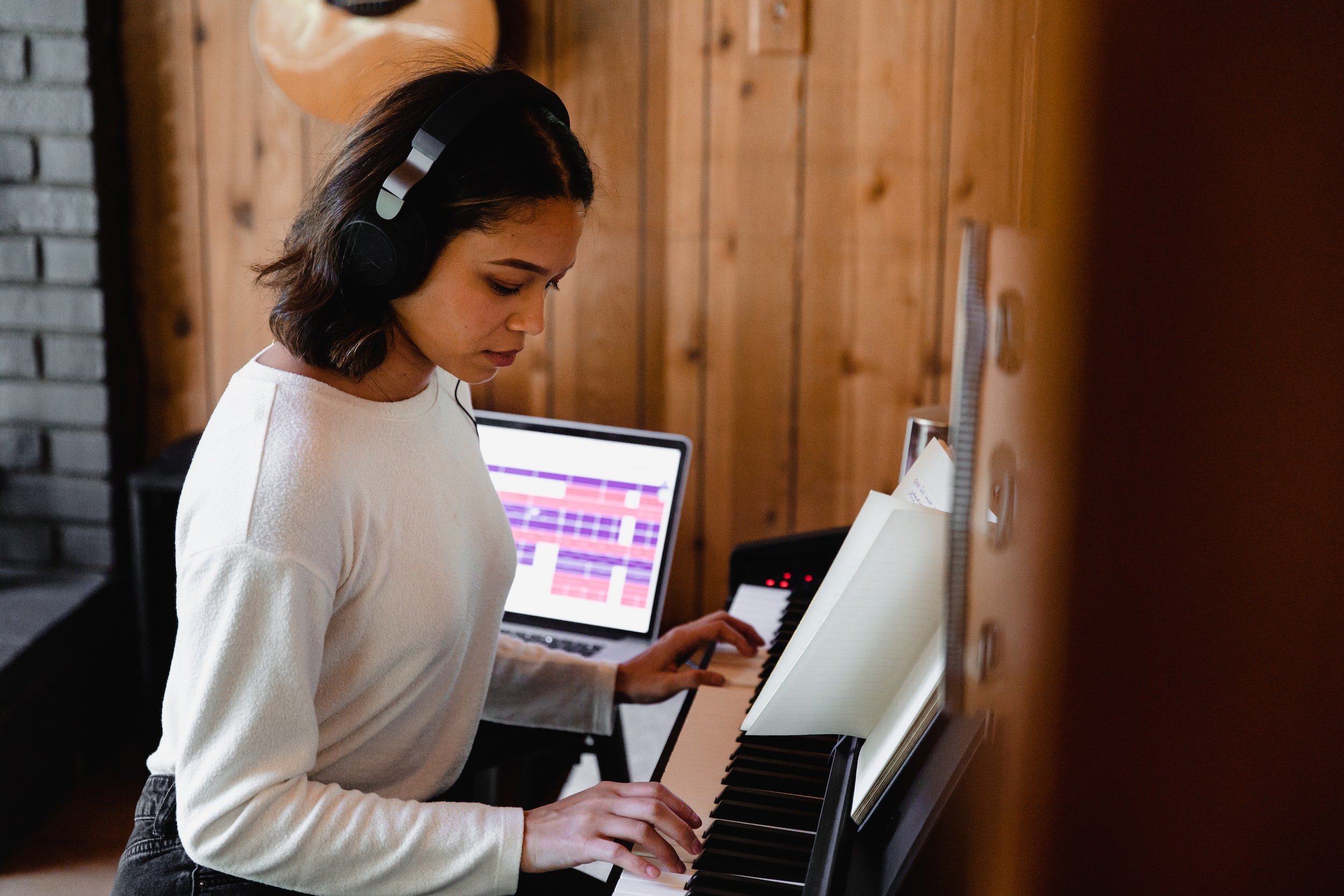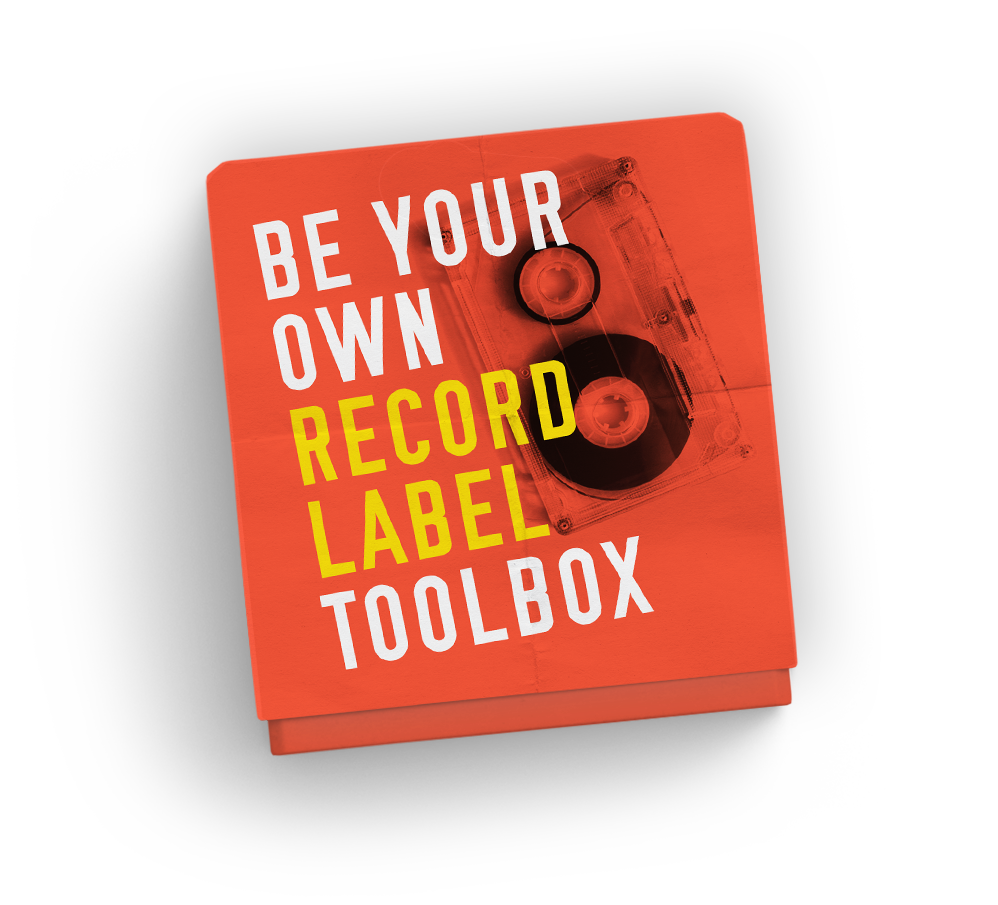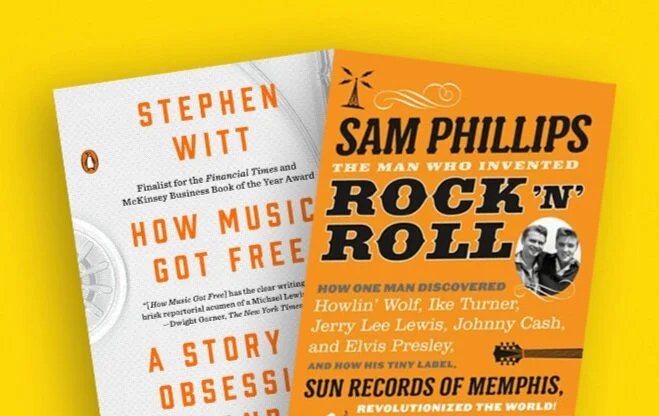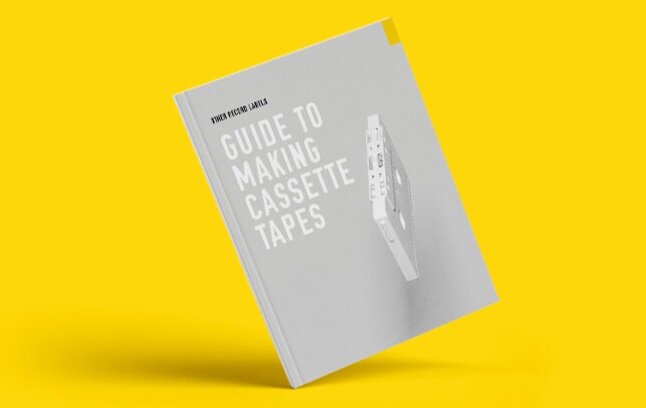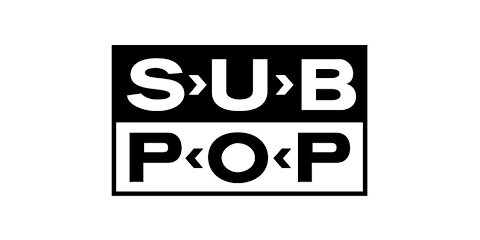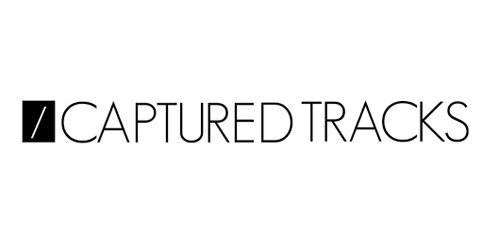
Helpful Tips for Independent Artists
The secret to successfully pitching your music to record labels in 2023
How to Submit Your Music to
Record Labels
Here are 10 things you need to know
before pitching your music to a record label…
1. Know what you want!
Knowing what you want when submitting your music to a record label can help you effectively communicate your goals and vision to the label. This can make it easier for the label to understand how they can support and work with you. Additionally, having a clear idea of what you want can help you make informed decisions about which label is the best fit for you and your music. Have a specific ask in mind, and then make that ask specifically! Record labels will appreciate an artist who know what they need/want.
2. Provide Only the Right Information!
Providing only relevant information to a record label when submitting your music can help the label quickly and easily understand your goals and what you are looking for. It can also help you stand out from other artists, as the label will be able to see that you have a clear understanding of what you want and how you fit within the music industry. Finally, in an effort to keep your pitch concise, don’t over-provide too much info. If the label is interested, they’ll reach out for more.
3. Come with Something Ready!
Presenting a finished product to a record label when submitting your music can show the label that you are dedicated and committed to your craft. It can also help the label see your full vision for the music and how it will fit into their plans/roster/catalog. Additionally, presenting a finished product can help the label understand what they would be signing on for if they were to work with you, giving them a better idea of the potential success of the project. A lot of artists submit their music too early!
4. Talk Like A Human!
"Talking like a human" when pitching yourself to an indie label can help you come across as more relatable and approachable. It can also make it easier for the label to understand your personality and what makes you unique as an artist. Using a natural and authentic voice can help the label see you as a real person rather than just a product, which can help establish a stronger connection and potentially lead to a more positive working relationship. People like working with people!
5. Go Easy On The Name-Dropping!
Name-dropping can come across as arrogant or desperate, and can make it seem like you are more focused on who you know rather than the quality of your music. The label may not be impressed or swayed by the names you drop, and may even be turned off by the tactic. Relying on name-dropping can take the focus away from your own abilities and accomplishments, and can make it seem like you are not confident in your own talent. Only name drop when it is relevant to your pitch (eg. you worked with someone on their roster, or who they know that can vouch for you).
6. Allow For A Lot of Time!
Allowing for a lot of lead time when pitching your music to a record label can give the label ample opportunity to review your material and consider your request. It can also give you time to follow up and provide any additional information or materials that the label may request. Record labels generally have their year (or at least the next quarter) already scheduled. Expect the entire process to take a year, from initial emailing to release day. So it’s best not to approach a record label if you have a unrealistic timeline in mind.
7. Pitch to Only Relevant Record Labels!
Submitting your music to hyper-relevant record labels can increase your chances of success because the label will be more likely to be interested in your music if it fits their style and audience. It can also help you avoid wasting time and resources submitting to labels that are not a good fit. Additionally, submitting to hyper-relevant labels can help you establish a stronger connection with the label and make it more likely that you will be able to build a successful and productive working relationship if you do get signed.
8. Don’t Offer Labels More of What they Already Have!
If you are an independent musician who is heavily influenced by a specific popular artist, your general inclination might be to submit your music to that artist’s record label. This is generally not the best idea. A&R reps are generally on the hunt for something new. They don’t want more of what they have, they want to find new and exciting artists who can be the next big thing, not the next same thing.
9. Don’t Pester!
A lot of indie record labels receive upwards of 10-20 pitches per day, sometimes more. You have a slim chance of being replied to, let alone signed! Having said that, there’s no harm in following up. However, it’s best to follow-up only once, 10 to 14 days later, and if you still don’t get a response, understand that the label is likely not interested in working with you. Any further correspondence could harm your reputation and make future relationships uncomfortable.
10. Be Organized!
Being organized when pitching yourself and your music to a potential record label can make it easier for the label to review your material and understand your goals. It can also help you present yourself in a professional and organized manner, which can increase the chances that the label will take you seriously. Being organized can help you stand out from other artists who may not be as prepared. At the very least, keep track of who you’ve already submitted to and if and who got back to you…
Bonus Tip: Keep Pitching!
Continuing to pitch your music to labels after facing rejection can increase your chances of eventually finding a label that is a good fit for your music. It can also help you build resilience and determination, which can be important qualities for a successful artist to have. Additionally, the music industry is constantly changing, and what may not have been a good fit for a label in the past may be exactly what they are looking for now. Give yourself time to grow, learn, and evolve as a musician, songwriter, and artist.
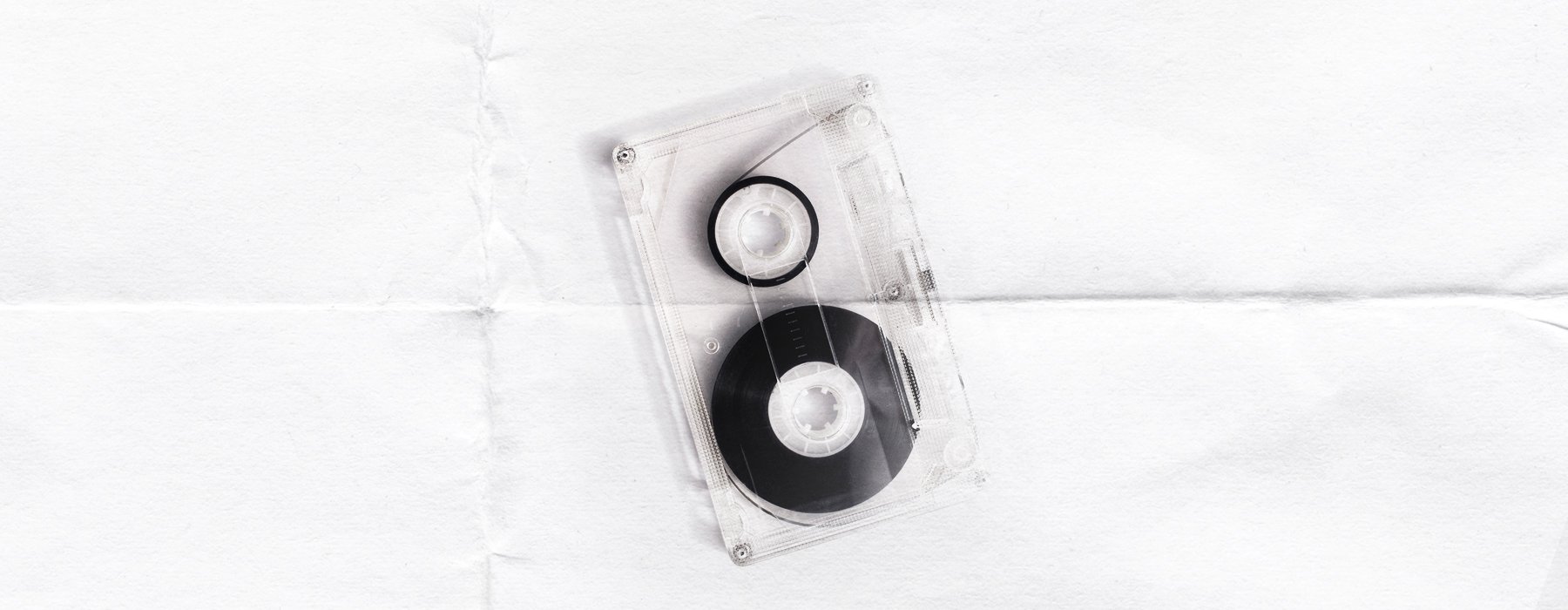
FREE TOOLBOX
Be Your Own Record Label
Watch my in-depth tutorial for DIY artists.
Here’s what you’ll learn!
How to think like a record label…
How to budget like a record label…
How to release music like a record label…
How to promote music like a record label…
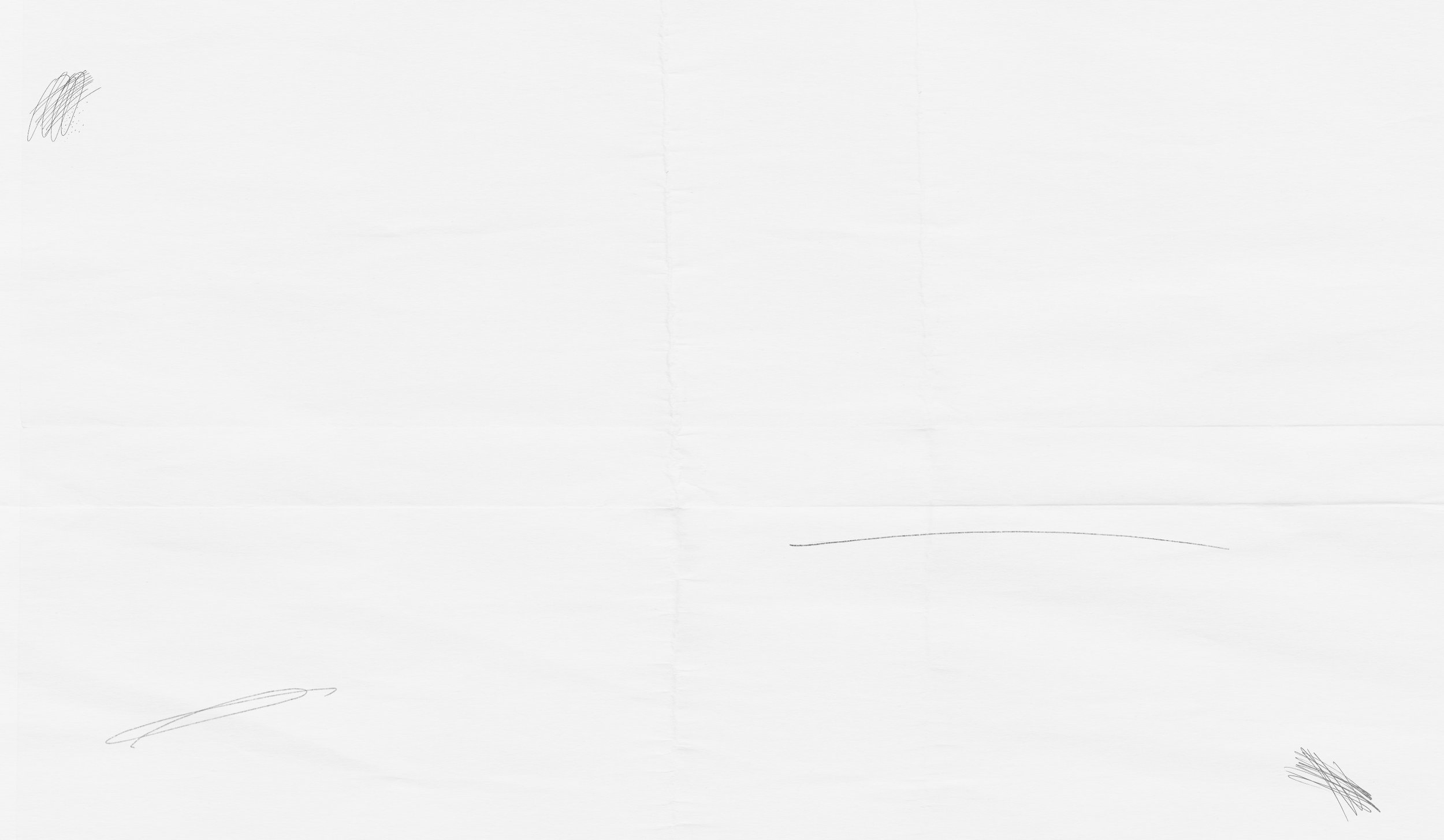
How Do Record Labels Work? FAQs
Do record labels have built-in audiences?
One of the things that indie artists covet the most about record labels is their pre-existing, built-in audience.
Growing an audience is imperative for an unknown artist, and an established record label can help springboard an artist’s career.
But not all labels have such committed fanbases, and the ones who do are more likely to be protective of what they promote to that audience.
How do record labels get music into record stores?
Most mid-size indie labels will have what’s called a “physical distribution deal” with a distributor. These companies communicate with indie record stores and fulfill orders.
They represent a select group of labels and generally they don’t do deals with independent artists.
Indie musicians should start by developing a relationship with their local record store owners. Bring a copy of your record by as a gift to the store owner and ask if they’ consider carrying your title(s).
How do record labels get press coverage for their artists?
A great record label spends years building and nurturing an authentic press list. Their goal is to establish relationships with writers, bloggers, and curators.
Indie artists can start building their press list by sending out short, personal emails to writers you admire.
Make sure this blogger or curator has featured music similar to yours in the past. Don’t send them too many emails, and don’t overload the email with too many details.
How much does a record label spend on an album campaign?
Some small record labels don’t spend anything on PR campaigns. Aside from a few dollars on ads or SubmitHub, these labels try to keep their expenses low by doing as much as possible on their own.
Other larger indie labels will spend between $1000-$10,000 on a music publicist.
If you’re going to invest in your own album PR, make sure you do a lot of research, and establish some key goals you’d like your team to achieve.
How do labels get songs on Spotify playlists?
Some labels use a distributor to manage their digital and their physical distribution. These companies often have a more direct line to Spotify editors.
But for the most part, small to medium sized record labels are simply using the same Spotify for Artists pitch tool that all indie artists have access to.
Just make sure you pitch your songs to the Spotify editors 4-6 weeks in advance of release day.
Do I need to sign to a record label?
I still believe that an equal partnership between a great label and a great artist is the way to go.
Having said that, thousands of artists have been incredibly successful self-releasing their own music. And the best way to do that is to try to learn from how record labels work!

START A RECORD LABEL.
START A RECORD LABEL.
Everything Bundle
Everything you need to build and grow an independent record label.
Courses, Micro-Courses, Templates, eBooks, and more!
More Free Resources

Book a Coaching Call with Scott
Set up a one-on-one, coaching call where we work through any of your music career questions, concerns, or ideas you have.
Other Record Labels Podcast
Featuring interviews with…

